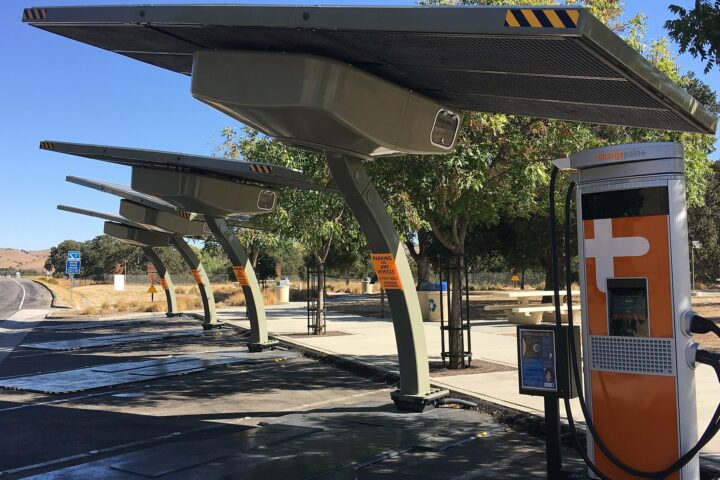California is now reportedly gearing up for a legal battle against the federal government following a recent Senate vote that overturned the state’s authority to set stricter vehicle emissions standards.
Attorney General Rob Bonta announced the state’s intention to sue, asserting that the action undermines California’s longstanding efforts to combat air pollution.
On Thursday, Senate Republicans voted 51 to 44 to revoke the waiver that allowed California to implement its own air quality regulations.
This waiver has been granted over 100 times since it was established under federal law nearly 50 years ago. Bonta condemned the Senate’s decision as a partisan maneuver that jeopardizes public health and environmental protection.
“The weaponization of the Congressional Review Act to attack California’s waivers is just another part of the continuous, partisan campaign against California’s efforts,” Bonta stated. He emphasized that the misuse of this legislative tool is unlawful and that California will vigorously defend its rights.
California’s emissions regulations are crucial not only for the state but also for the sixteen other states and the District of Columbia that follow its standards.
Many of these jurisdictions have begun implementing plans to phase out fossil fuel vehicles entirely. The recent Senate vote also rescinded waivers for medium- and heavy-duty vehicle emissions, further complicating the landscape for environmental policy.
The state’s electric vehicle (EV) mandate, set to take effect in 2026, aims to increase sales of zero-emissions vehicles (ZEVs) to 35% of new car sales by that year.
By 2035, all new vehicles sold in California are expected to be zero-emission. Currently, hydrogen fuel cells and battery electric vehicles qualify under this standard, with the latter becoming the dominant technology due to the challenges faced by hydrogen infrastructure.
In 2024, ZEV sales stagnated, although they had risen significantly in previous years—from 7.8% of new light-duty vehicle sales in 2020 to 25% by 2023.
Automakers have expressed concerns about meeting the 2026 mandate, describing it as “impossible” given current market conditions.
The vote to revoke California’s waiver has drawn criticism for going against the advice of the Senate parliamentarian and the Government Accountability Office, both of which indicated that the waiver could not be revoked under the Congressional Review Act.
This act allows a simple majority in the Senate to overturn regulations, bypassing the filibuster.
Bonta, who had anticipated such Republican efforts, reiterated his commitment to defending California’s environmental policies. “We don’t think it’s an appropriate use of the Congressional Review Act,” he remarked earlier this year.
The unfolding legal battle could have significant implications for environmental regulation and public health in California and beyond as the state strives to maintain its ambitious climate goals.
[READ MORE: SpaceX’s Starship Now Cleared to Return to Flying]









